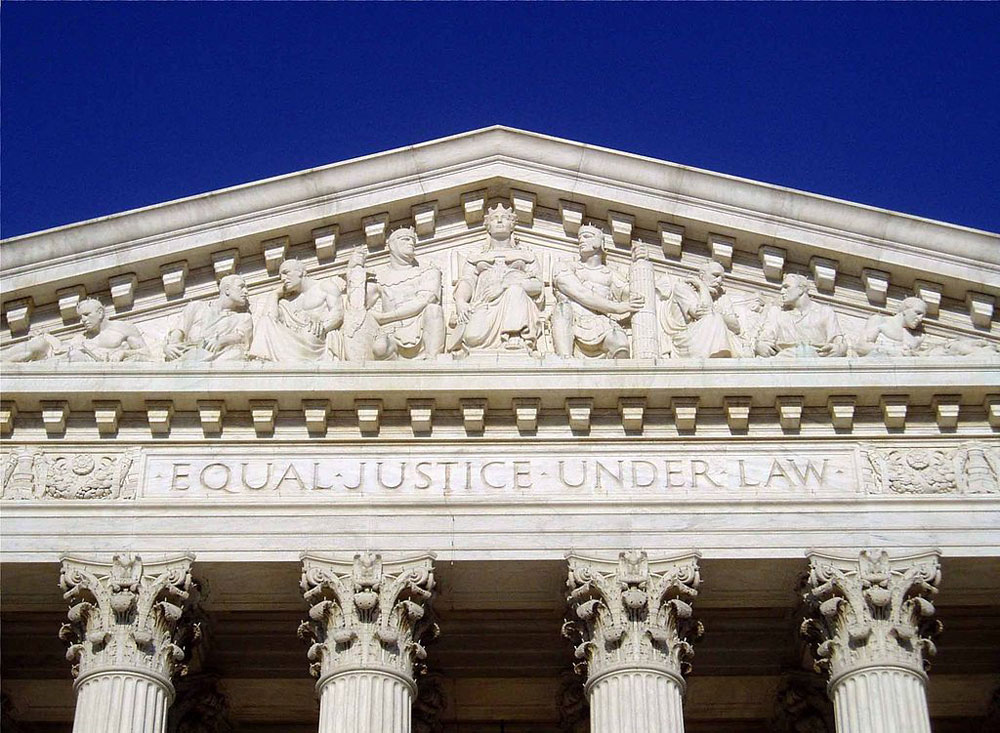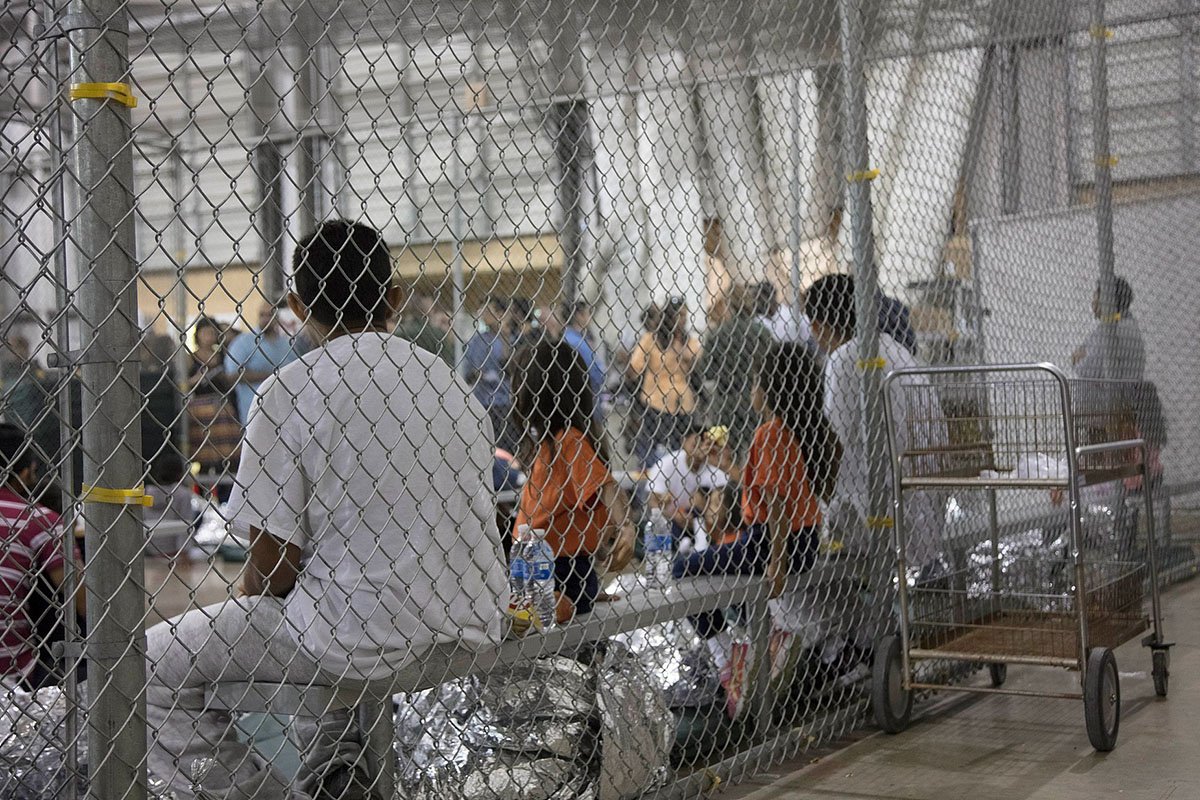
January 27, 2020; New York Times and The Root
It was hard before, but it just became harder to become a permanent legal resident of the United States. Without comment, and by a 5-to-4 vote, the Supreme Court lifted the injunction that had blocked the Trump administration’s implementation of its Public Charge Rule. This program will deny green cards to immigrants who might have the potential of even occasional use of public benefits such as Medicaid, food stamps, and housing vouchers.
This was not a surprise; the administration put this strategy forward in 2018, and the impact was not just on immigration to the US, but on those legal immigrants already here. NPQ addressed the negative effect on legal immigrants who were not availing themselves of healthcare and food and housing resources for fear of losing their green cards. While this was not the case, the fear was real.
This Public Charge Rule joins other restrictions the Trump administration, with the approval of the Supreme Court, has placed on immigration. The travel ban in 2017, known as the Muslim Travel Ban, restricted immigration from certain countries that are predominantly Muslim. And now, no matter where you come from, emigration to the US is not simple, and it is not for the poor, the sick, or for people of color, according to The Root. Writing for The Root and commenting on this Supreme Court decision, Joe Jurado states:
Trump’s crackdown on legal immigration clearly comes from a place of white supremacy. There’s no talking around it. It’s racism plain and simple. The tragedy of this administration is that while Trump will one day leave office, his court appointments will stand and reversing these damaging laws and policies is going to take time. The damage wrought by Trump and his band of white nationalists is going to be felt long after he leaves. Trump has weaponized the judicial system to become a more overt instrument of white supremacy than it already was.
Sign up for our free newsletters
Subscribe to NPQ's newsletters to have our top stories delivered directly to your inbox.
By signing up, you agree to our privacy policy and terms of use, and to receive messages from NPQ and our partners.
Part of the problem here, as noted by Supreme Court Justice Neil Gorsuch, is that this new rule was challenged in lower courts around the country and five different judges issued injunctions to block it. When appealed, some of the courts issued stays, but some did not. Justice Gorsuch issued a concurring opinion, stating, “As the brief and furious history of the regulation before us illustrates, the routine issuance of universal injunctions is patently unworkable, sowing chaos for litigants, the government, courts, and all those affected by these conflicting decisions. I concur in the court’s decision to issue a stay. But I hope, too, that we might at an appropriate juncture take up some of the underlying equitable and constitutional questions raised by the rise of nationwide injunctions.”
So, perhaps this decision was not so much about the issue of the Public Charge Rule as it was about the issue of multiple injunctions? Tell that to the immigrants who no longer qualify to enter this country.
This is a Supreme Court that has shown its tendency to side with the administration on issues related to immigration. In addition to the Muslim Ban, it upheld the barring of most Central American immigrants from seeking asylum in this country. It also supported the use of Pentagon funds for the building of the border wall. As cases proceed in the lower courts to fight the Public Charge Rule, eventually one will make its way to the Supreme Court. But it seems that this Supreme Court has already shown its colors here.
If the goal of this rule was to put a stop to immigration by people of color, as suggested by The Root, and to stop those immigrants already in this country from even attempting to use public benefits, then it has already succeeded. Sara Rosenbaum, a professor of health law and policy at George Washington University, says the program has affected Medicaid enrollment. “We have documented evidence of people just disappearing off the rolls,” she says.
Solicitor General Noel J. Francisco told the Supreme Court that the purpose of the Public Charge Rule was to discourage immigrants seeking green cards from using public benefits…and that this was a lawful goal. Mission accomplished, Mr. Francisco.—Carole Levine











